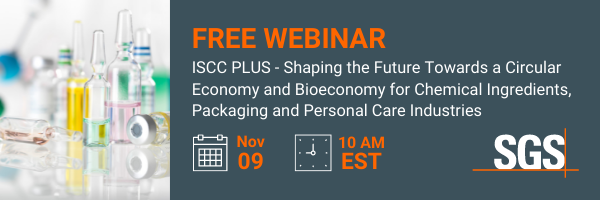Regulations & EHS&S
ECHA says "Keep your registration up to date" 9th November 2018
In a statement released on 6th November, the European Chemicals Agency (ECHA) advised, “The seventh and last step in the successful registration of your chemical is to maintain your registration data. Your registration has to reflect the most up-to-date knowledge on how a substance can be used safely at production sites and through the supply chain all the way down to the end user. This is not only good practice, but also a legal requirement.”
The information in the registration dossier needs to be updated, for example, when you learn something new about the composition of your substance, its properties, how it is used by your clients, or the specific risk management measures needed. Significant changes in the production or import volumes and the company information must also be reported to ECHA. In addition, new information may become available when new companies want to join the joint submission. This must also be reflected in the joint dossier.
Apart from proactively updating your registration data, you may receive an ECHA decision requesting more information following dossier or substance evaluation. ECHA examines registrations to verify that the information in them is compliant with the legal requirements. Member States, in turn, use the registrations to scrutinise substances that may be of concern for human health or the environment and may propose further regulatory actions as necessary.
To efficiently update your dossier, you need to have a mechanism in place to coordinate the work within your company and with all registrants of the same substance. Although the lead registrant has to update the joint part of the registration dossier, all registrants of the same substance are together responsible for keeping the data in order and responding to requests for further information. To this end, it is recommended that you maintain a cooperation platform with your co-registrants.
Practical advice on how to organise the maintenance of your registration is available on ECHA’s website in 23 EU languages. ECHA also shares main recommendations for good-quality data based on the most common shortcomings observed when evaluating registrations. You can avoid having these same issues in your own registration by following the recommendations.



